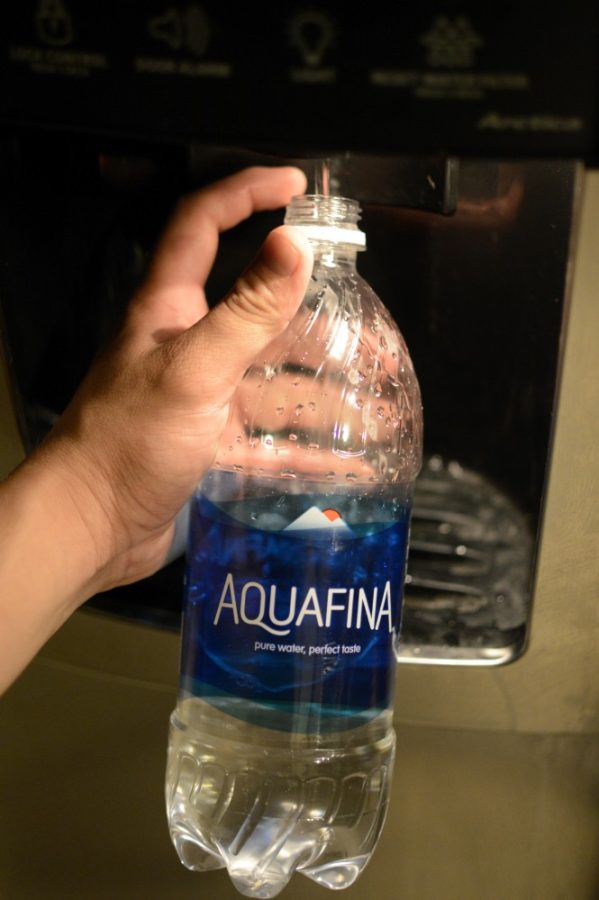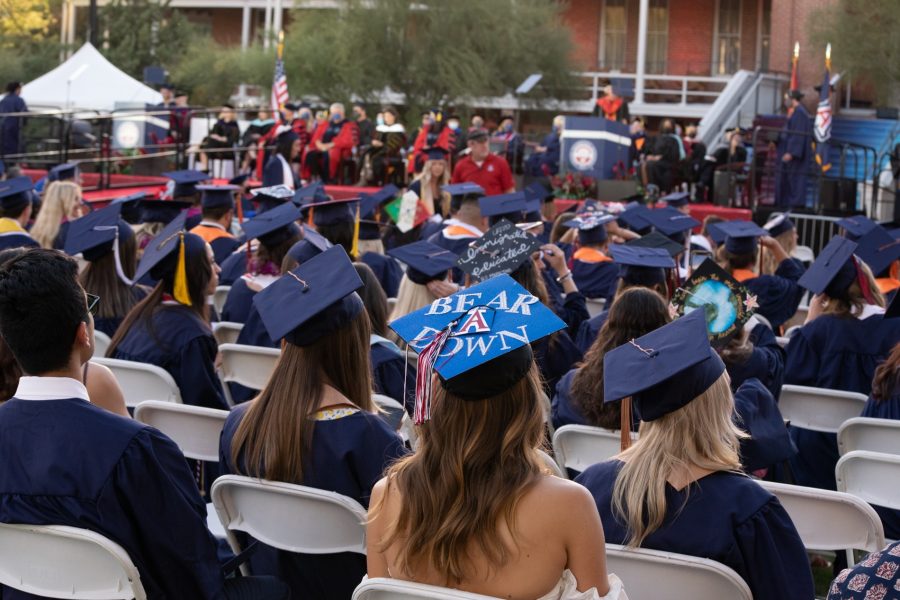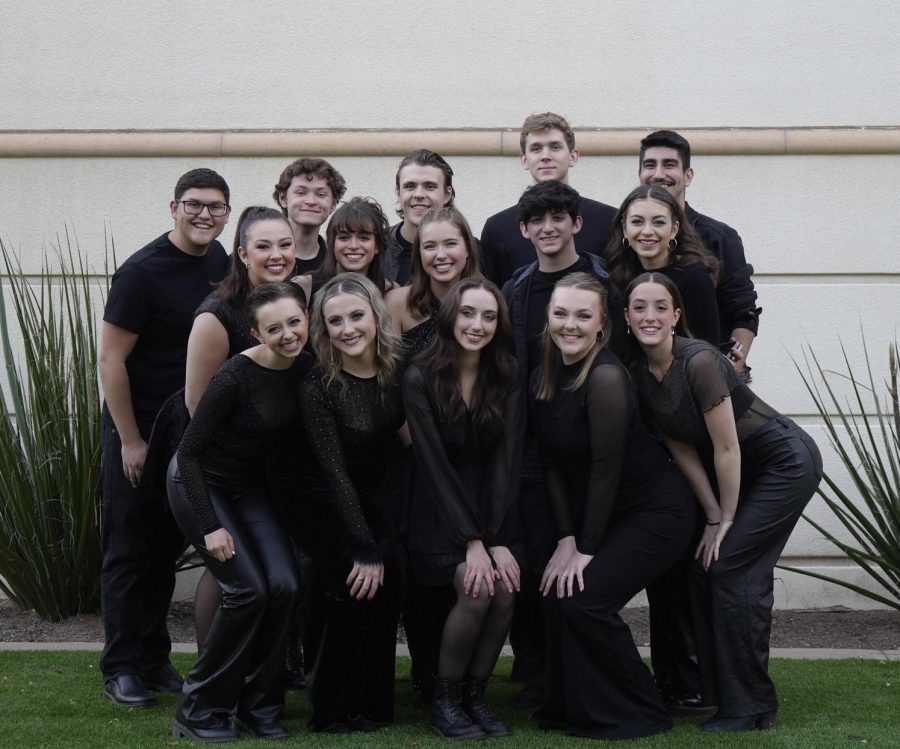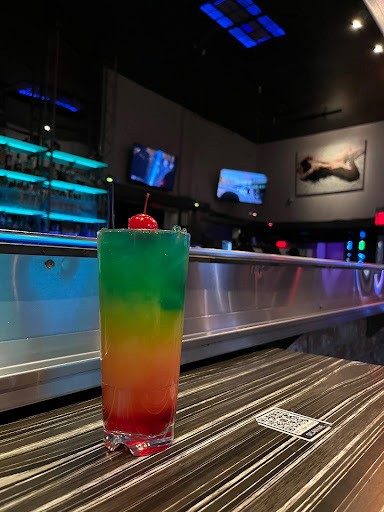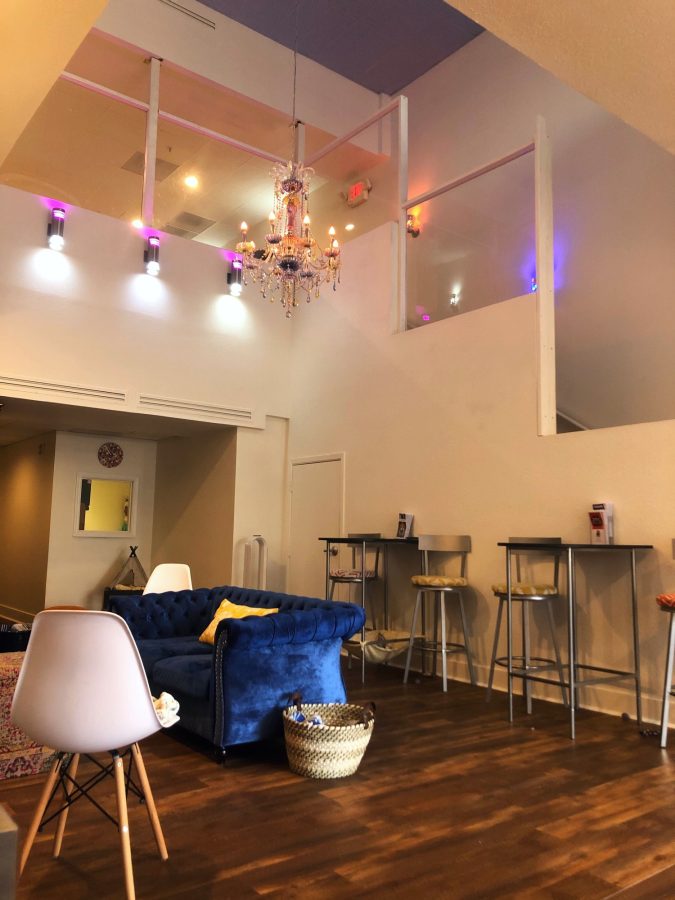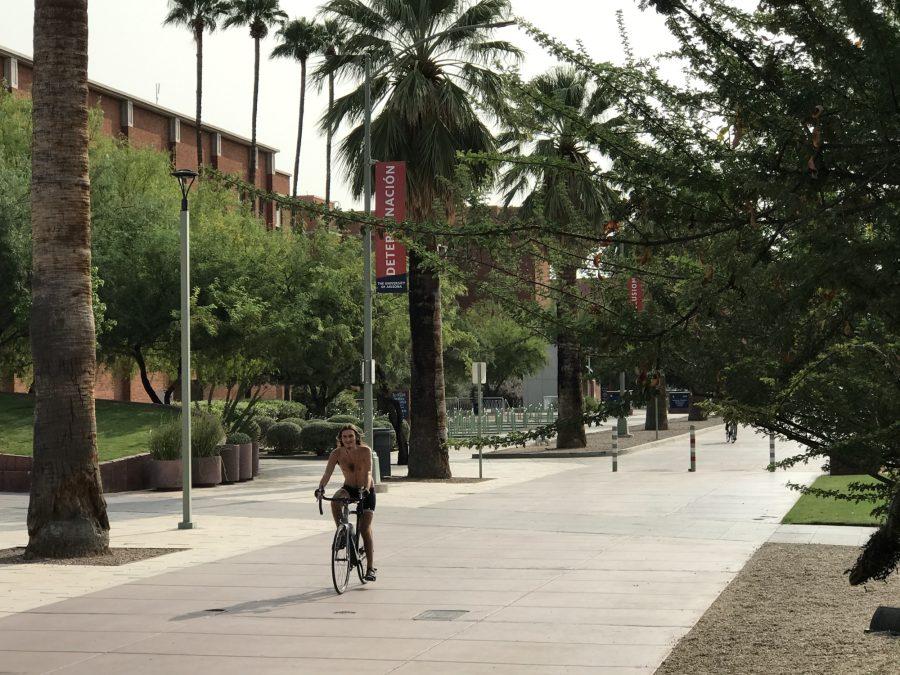Many Arizona natives may not remember a time in which Arizona was not experiencing a drought. Since the mid 1990s, the Arizona Department of Water Resources has reported that Arizona has been experiencing a long-term drought. However, a recent proposal by Nestlé to create a bottled water plant in Phoenix has many Arizonans confused, considering the possibilities of future water shortages around Arizona.
Phoenix currently receives most of it’s water from the Central Arizona Project, the Salt River project and groundwater supplies. Some of the water they receive from these sources is pumped down into the earth to recharge the groundwater supply.
If all goes to plan, the plant will consume roughly 35 million gallons of water from the Phoenix supply, according to the Arizona Republic. That’s a about 264 million half-liter bottles.
In the grand scheme of Arizona water usage, though, 35 million gallons is not a large amount.
“Collaborative estimates place the actual water used in Arizona at between 7.25 million and 7.75 million acre-feet annually,” said Kathy Jacobs, the director for the UA Center for Climate Adaptation Science and Solutions. “That’s about 2.4–2.5 trillion gallons a year.”
Since the CAP is fed by the Colorado River, issues with water shortages in the future along the river have been a concern for cities that rely on Colorado River water.
“Given the current conversations about future shortages on the Colorado River, all Arizona cities should be working to maximize the amount of water available that is stored underground for the long term,” Jacobs said. “But every city in the state has a different water supply portfolio, and Phoenix is in good shape compared to many others.”
Economically, the proposed bottling plant would bring 40-50 jobs to the area, according to the Republic.
“We should continue to bank it to make sure we have enough for decades to come and encourage people to conserve,” said Bret Fanshaw, solar program coordinator for Environment America. “I would hate for us to look back 50 years from now and think about what we could have done with the water besides give it to Nestlé.”
Nestlé has tried to build bottling plants in other states, most notably Oregon. A proposed plant in Hood River County, Oregon was recently shot down by voters, according to the Arizona Republic.
“Many would argue that it is not a good image for Phoenix to be serving a new bottling plant that has been controversial in other states,” Jacobs said.
There are potential positive environmental factors to the plant. By having water bottled in Arizona, transportation costs of Nestlé bottled water would potentially be lowered for Arizona consumers.
“Most of the bottled water bought in Phoenix, or in Arizona in general, is trucked here right now from California and Colorado,” Fanshaw said. “At some level you could probably argue we are cutting our carbon impact by doing it here.”
At its very heart, the controversy around the proposed bottling plant appears to be a question of trade-offs and what a gallon of water is really worth to the state of Arizona.
Considering the change.org petition against the plant has over 43,000 supporters as of June 11, a resolution to whether or not Phoenix will see Nestlé filling their bottles with water seems far in the future.
Follow Natalie Robbins on Twitter.



